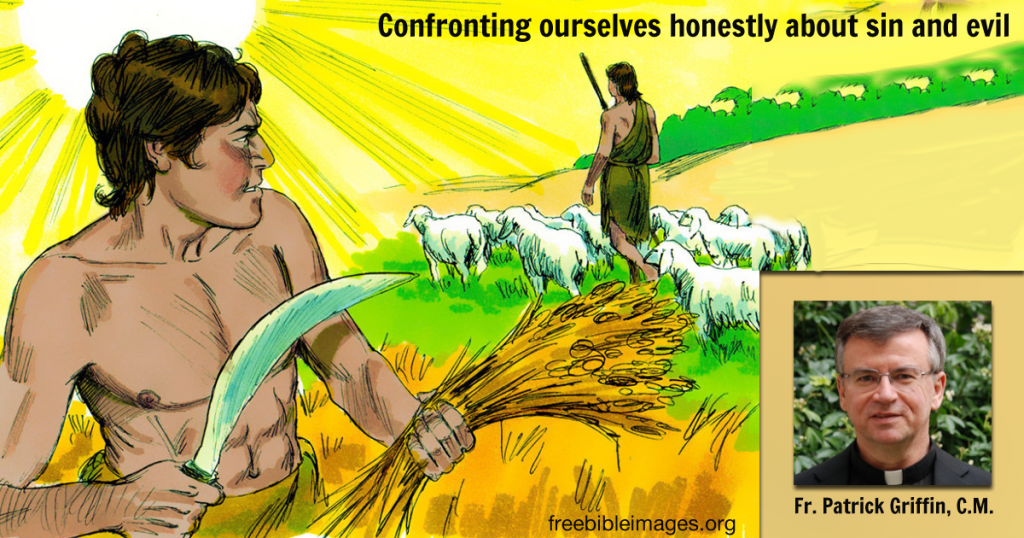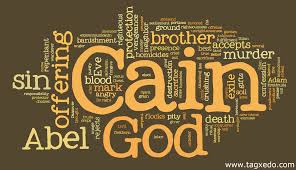 Father Pat Griffin reflects on Kristallnacht as he continues his series Considering Consecrated Life. I must confess that I read this closely since it occurred just some six months after I was born.
Father Pat Griffin reflects on Kristallnacht as he continues his series Considering Consecrated Life. I must confess that I read this closely since it occurred just some six months after I was born.
As a minister at St. John’s University, I have been invited to represent the Catholic/Christian community at a Kristallnacht commemoration service at Queens College on November 15th. Kristallnacht, you will recall, refers to the night of November 9th, 1938 when a large coordinated attack was launched against the Jewish community throughout the German Reich. It has come to be called the “Night of Broken Glass” as it references the Nazi shattering of windows throughout Germany and Austria. Estimates indicate that, throughout the night, 7,000 businesses were destroyed, 900 synagogues were set afire, 91 Jews were killed, and thirty thousand men were sent to concentration camps. The horrors of the coming years were clearly in evidence.
The Center of Jewish Studies at Queens College runs a program called: “Kristallnacht Commemoration and Recommitment in Combating Anti-Semitism and Hatred.” It involves an interfaith service containing prayer (offered by a Rabbi, an Imam, and a Priest), a lecture, some musical interludes, and a candle-lighting ceremony. Thus, the community receives an opportunity for thoughtful reflection on an ugly moment in human history.
I have been thinking about my prayer. The story of Cain and Abel in the First Testament has always been a challenge for me to read. It drew my attention in this case. My prayer is taking this form:
Great God, from the very beginning of our human story we are reminded of how we can do violence to our brother and sister. Cain kills his brother Abel, and the blood of Abel cries out to you for remembrance and action. And you do act, and we do remember.
What was the reason of Cain? What allowed him to attack his only brother with whom he lived and spoke? How could this have happened? Yet it did happen, and it continued to happen, and it happens in our own day.
We gather here today to remember a time when hatred drove brother and sister against brother and sister. The damage of homes, businesses and sacred places was as nothing compared to the taking of human life and human dignity. And this action marked a step toward greater and more horrible sibling destruction.
We remember, Lord, and in remembering we face a frightful truth about ourselves. Yet, there is another truth. Before the murder, Cain is warned that “sin lies in wait at the door: its urge is for you, yet you can rule over it.” (Gen 4:7). We recognize the possibility of violence in ourselves, but we can be men and women who choose peace and love for our brothers and sisters. We are promised your help to rule over the darkness which seeks to reign within us.
We remember today, O Merciful God, our brothers and sisters who have died because of sibling hatred. We ask that you bring these innocents to yourself and welcome them at your table. And we ask that you enable us to learn the terrible lessons of our past and allow them to teach us the path of peaceful coexistence for the future.
We make this prayer as your beloved children, all of us. AMEN.
The story of Cain and Abel presents another one of those paradigmatic tales which we find in our Scripture. It invites more questions than answers. Yet, it helps us to ponder the mysteries of our hearts and to confront ourselves with the deepest effects of our alienation from one another through our sinfulness. This was not just a murder, but the murder of one’s only brother. (Some scholars suggest that the brothers were twins. That possibility makes sense to me in the dynamics of the story.) Cain asks that question which should find a ready response in our Vincentian hearts: “Am I my brother’s keeper? Am I my sister’s keeper?” Though the story directs the question at God, it has real meaning when asked of ourselves.
The results of a Kristallnacht may seem too dramatic to engage our personal reflection. Perhaps the intimate attack of Cain upon Abel seems likewise. What about the Last Judgment scene of Matthew 25 (“When I was hungry, you did not give me to eat . . .”)? What measure do we use to confront ourselves honestly?








0 Comments